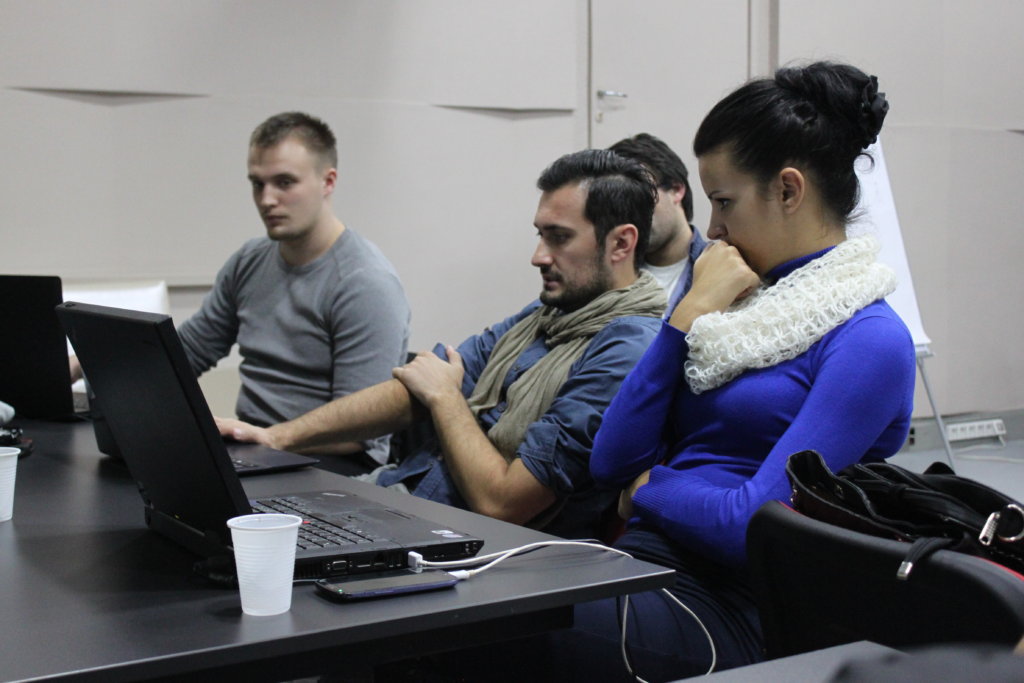- About
- Topics
- Picks
- Audio
- Story
- In-Depth
- Opinion
- News
- Donate
- Signup for our newsletterOur Editors' Best Picks.Send
Read, Debate: Engage.
| topic: | Freedom of Expression |
|---|---|
| located: | Germany, Iran, Syria, Nigeria |
| editor: | Gurmeet Singh |
You’re an exiled journalist. You don’t speak the language of your newly adopted country. What do you do?
In the 20th Century, perhaps such journalists would help form the intellectual side of expat communities, but they couldn’t have expected to have influenced audiences back home. Now, thanks to the internet, journalists are able to offer real input to audiences in their home countries, even when exiled.
Amal, a new platform founded in Berlin allows Farsi, Dari and Arabic speaking journalists exiled from various countries to work in their native languages. The platform was founded in 2016, when Cornelia Gerlach "posted a call for applications on Facebook and received the first one within minutes. In a week, her inbox was full with about 100 of them. “We selected 10 journalists who fit our criteria of being based in Berlin, and having worked as journalists in their home country,” she said. Then they set up a workshop for selected journalists to train them on Germany’s legal framework, culture and integration. “The idea of Amal developed step by step in the [following] few months,” Cornelia Gerlach said.
The platform offers journalists a safe space to write and work. The journalists are from Iran, Syria, Afghanistan, and other countries that have undergone major upheavals over the last few years. They can renew and revitalise their professional networks, which would otherwise be left in tatters without the platform. By being able to access their networks, they can offer serious perspectives on political developments in a reliable way.
What’s more, by allowing the journalists to write in their mother tongues, they offer audiences a direct way to read journalism which would otherwise be punished in one way or another.
Most of the refugee and asylum applications in Germany over the last decade have come from the Middle East, Africa and Afghanistan.
Amal is also helping the new communities within Germany read more constructive, home-based journalism in a world of Islamophobic stories. “It helps make people feel comfortable in finding their way in the city,” said Gerlach, who worked as a freelance journalist for German media before starting Amal with her sister, Julia, who’s also a journalist.
“We are no longer a country of only German-speaking people,” she said. “Our society is becoming increasingly diverse, and that includes those people living here for whom Persian or Arabic is their first language.”
Image: Shutterbug75 / Pixabay

